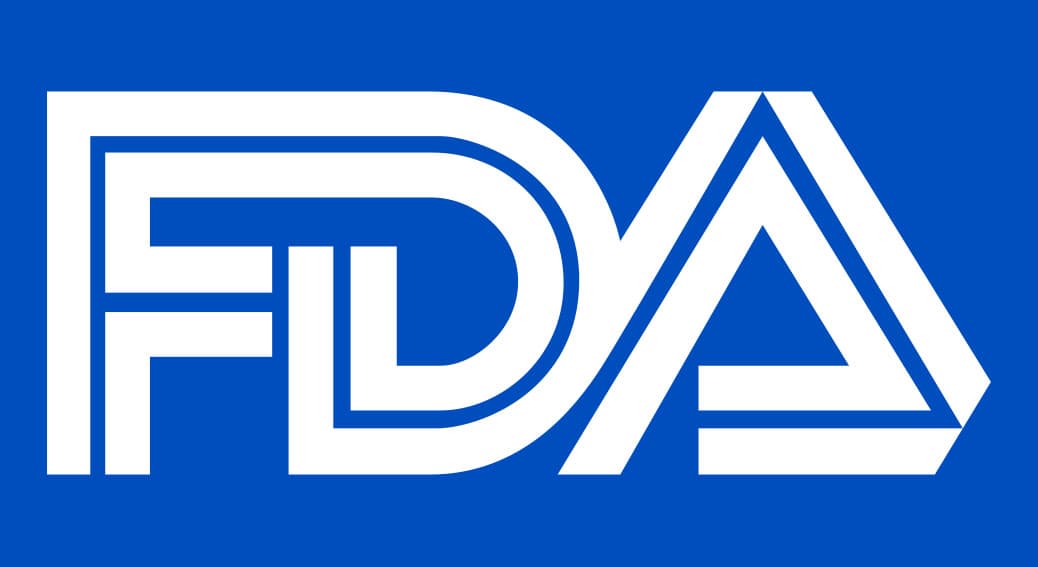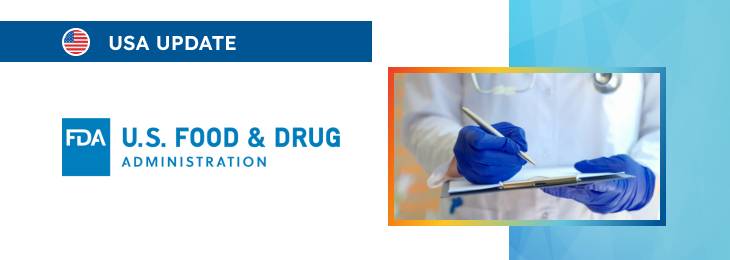The article provides a general overview of the revised guidance document and highlights the key points related to the existing legal framework.

Table of content
The Food and Drug Administration (FDA or the Agency), the US regulating authority in the sphere of healthcare products, has published a revised draft guidance document dedicated to the Q-Submission program introduced to provide medical device manufacturers and other parties involved with the opportunity to obtain substantive feedback from the authority.
Once finalized, the guidance will provide non-binding recommendations and clarifications to be considered by the relevant stakeholders to ensure compliance with respective regulatory requirements.
At the same time, it is essential to mention that FDA guidance documents are non-binding in their legal nature, nor are they intended to introduce new rules or impose new obligations.
Moreover, the authority explicitly states that an alternative approach could be applied, provided such an approach is in line with the existing legal framework. It has been agreed with the authority in advance.
Introduction
First of all, the document emphasizes the importance of interactions with the authority, which may encompass written feedback or meetings concerning Investigational Device Exemption (IDE) applications, Premarket Approval (PMA) applications, Humanitarian Device Exemption (HDE) applications, and several others.
The document further clarifies the settings in which meetings can occur, including in-person or virtual formats, and mentions the adjustments made under the Medical Device User Fee Amendments (MDUFA) to improve the Pre-Submission (Pre-Sub) process and establish new performance goals for FDA feedback.

Scope and Types of Q-Submissions
The guidance describes the Pre-Submissions (Pre-Subs) as formal written requests for FDA feedback before the premarket submission.
The document explains the intent behind Pre-Subs, which is not to pre-review a submission but to guide product development and submission preparation through FDA feedback on specific review topics like biocompatibility and cybersecurity.
The document emphasizes the voluntary nature of Pre-Subs while highlighting their potential benefits, such as improved submission quality, reduced review times, and a more transparent and efficient review process.
MDUFA Amendments and Pre-Sub Enhancements
The document also provides an overview of the enhancements brought by MDUFA IV and V to the Q-Submission Program.
These amendments aim to refine the scheduling of Pre-Sub meetings and establish new performance goals for FDA feedback times.
Apart from that, the authority mentions its intention to revise the document and recommendations provided therein, should it be reasonably necessary to reflect corresponding amendments to the underlying legislation.
Pre-Submissions in Detail
The guidance further describes in detail the processes and procedures associated with pre-submissions and outlines how interested parties could utilise the respective framework.
It also discusses the strategic advantage of seeking FDA feedback during the early stages of product development and outlines the process for drafting and submitting meeting minutes post-discussion.
The document Laos elaborates on the voluntary basis of the program, its role in facilitating device development, and the principle of most minor burdensome requirements aimed at streamlining regulatory processes.
The relevant section of the guidance assesses the impact of Pre-Subs on the development process for new devices, emphasizing how early FDA interaction and feedback can enhance the quality of subsequent submissions.
It discusses the value of addressing FDA-raised issues in Pre-Subs for future submissions.
It clarifies that while Pre-Sub feedback does not guarantee favorable future submission outcomes, it is crucial for informed product development and regulatory strategy.
Conclusion
The draft guidance issued by the FDA reiterates the importance of timely feedback the authority can provide to the interested parties in response to the respective requirements. The document highlights the key points associated with the existing legal framework and provides an overview of the concept in general.
How Can RegDesk Help?
RegDesk is a holistic Regulatory Information Management System that provides medical device and pharma companies with regulatory intelligence for over 120 markets worldwide. It can help you prepare and publish global applications, manage standards, run change assessments, and obtain real-time alerts on regulatory changes through a centralized platform. Our clients also have access to our network of over 4000 compliance experts worldwide to obtain verification on critical questions. Global expansion has never been this simple.

